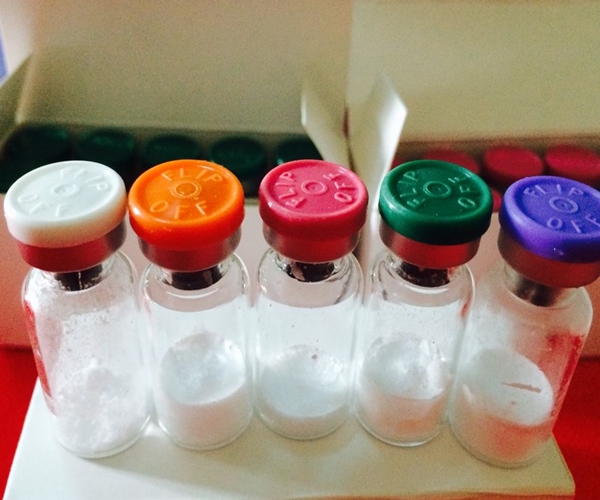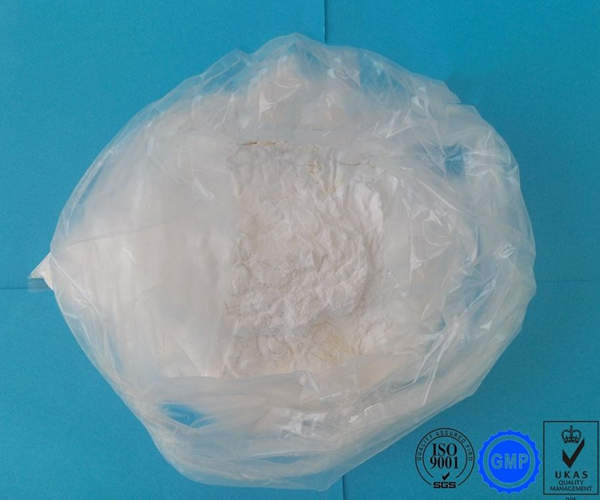Adipotide is a new drug that is showing some promise in the area of obesity research. This drug was initially created as a cancer treatment designed to starve cancer cells of a blood supply so they would stop growing. The effects of Adipotide have shown that the drug actually starves fat cells of blood forcing them to die and be reabsorbed into the body. Initial tests were done on rats and then moved on to monkeys. The results from testing on rats showed a 30 percent decrease in body weight. After four weeks of daily injections of Adipotide followed by four weeks of non-treatment, 10 obese female rhesus monkeys lost an average of 11 percent of their body weight and 39 percent of fat deposits. Most of the loss was experienced during the non-treatment period.
1. Aditpotide is an experimental weight loss peptidomimetic with the amino acid sequence CKGGRAKDC-GG-D(KLAKLAK)2, which has been developed by researchers in the United States in an effort to fight obesity. Peptidomimetics are small protein-like chains designed to mimic a peptide. The peptide called Adipotide has been developed by U.S. researchers in the fight against the obesity . This experimental treatment has reduced by 11% the weight of the treated monkeys by reducing fatty tissue, the BMI, and waist circumference.Clinical Research studies have shown that the peptide-like compound,.
2. آدیپاتید, is able to kill fat cells thereby causing a decrease in the volume and mass of the subcutaneous fat, and this in turn leads to weight loss. Adipotide is able to kill the adipocytes (fat cells) by selectively causing programmed cell death (apoptosis) of the blood vessels supplying the adipocytes. Due to the deprivation of nutrient supply, the subsequent starvation (which causes cellular atrophy or decrease in cell size) and the accumulation of waste products in the adipocytes; an irreversible injury occurs and this leads the mitochondria to release protease enzymes called caspases (specific factors that initiate the apoptotic process) which activate the transcription (a process whereby DNA is used to create mRNA) and translation (a process whereby mRNA is used to create the nascent primary peptide) of gene sequences which ultimately leads to the production of proteins that effect the apoptotic process.
3. Molecular studies have revealed that Adipotide possess a unique stereo-chemical (3D) conformation which enables it to bind to only two receptors in the body: ANXA-2 and prohibitin. These receptors are located on the surface of the endothelium (innermost wall lining) of the blood vessels supplying the white adipocytes, و به این ترتیب, these receptors confer tissue specificity to adipotide. Formation of white adipocytes only occurs when the extent of energy consumption far exceeds energy utilization, and its (white adipocytes) formation and accumulation in the subcutaneous layer serves as a hallmark of obesity.
4. Adipotide is an experimental treatment that prevents the blood supply to fat cells. This has helped obese monkeys to lose on average 11% of their body weight in four weeks, perhaps opening the way for therapy in humans, according to a recent research study. The study, published in the journal Science Translational Medicine , shows that body mass index and waist circumference of the rhesus monkeys were reduced.















